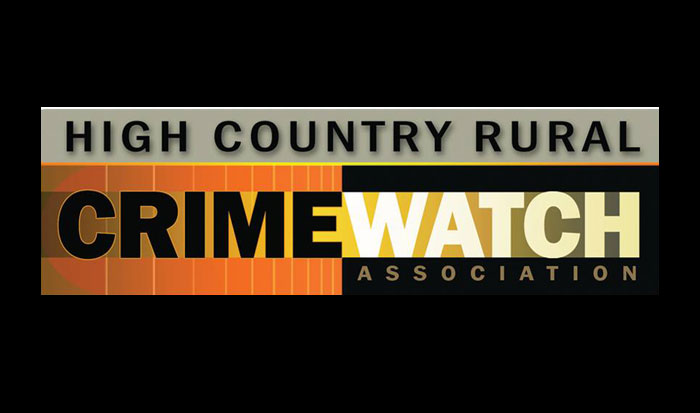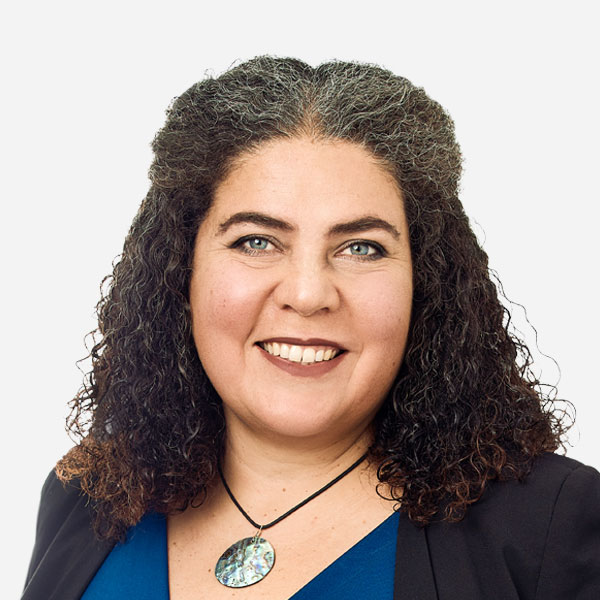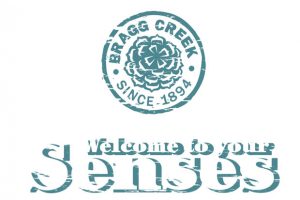Scammers are Having a Heyday
AMA delivered an email to me recently that triggered a topic that I could probably address once a year as it is a constantly evolving issue: scams, identity theft, and other schemes involving how to part us fools from our money.
Last month’s article contained the crime stats for the Turner Valley RCMP detachment, and, by my math, there were 45 cases of fraud in 2019 and 50 in 2020 (including 18 cases of over $5,000!). So somebody is making a lot of money off of us and, with what limited data we have, it’s possibly increasing by 10% per year. This means we fools aren’t getting any smarter, and the bad guys are.
It can happen in ways you don’t even suspect. I know of someone who responded to a rental ad in another town complete with a nice picture of the place. Correspondence was all done online with the owner of the ad. Unfortunately, the owner of the ad was not the owner of the rental property. A security deposit was paid, and of course, the rental was a scam. From then on, the person had someone they knew in that town check out any place for validity and suitability. In Thailand they have a saying “Stupid comes First”.
With some input from the AMA email and the Canada Revenue website, below are some tips to avoid the dubious distinction of becoming a stooge. Some of them are “duh” tips, but if you are in a hurry, finally found something you really need and it’s a great price, or for those times you are just plain careless, take note and remember them.
- Never respond to nor click any links in unsolicited emails or text messages. One little click can expose you to all kinds of grief.
- Never give personal information over the phone or online unless you initiated the process.
- Beware of emails/text messages with bad grammar and/or spelling – a lot of scams originate overseas.
- Label as junk any email addresses you don’t know or that look suspicious.
- Never send money to get money. I know this is definitely a “duh” but it nets perpetrators millions every year.
- Avoid giving out personal info on social media. It can be used along with your picture to commit fraud.
Tax scams are all the rage right now. They’ll say you owe CRA money and to pay up right away or they’ll send someone after you. If you have doubts you can check your tax account online by googling “CRA My Account” or by calling 1-800-959-8281.
Then there is the tricky part about paying for something online where you could be providing not just cash, but also personal info.
- Fraudsters can create accounts on eBay, Kijiji, Craigslist, etc. usually advertising products at very low prices (big clue there!) or divert you to another seemingly genuine website where you are no longer covered by the legit website refund policies.
- Use a secure and reputable payment service – look for a URL starting with “https” and look for a closed padlock symbol. If it doesn’t have it, don’t use it.
- Don’t be afraid to call your bank if something looks suspicious on their website. They will often cover some or all of your loss if you use their credit card so they have a vested interest to hear of any scams or abnormalities out there. I called once because the login page had changed. Scammer fake page? No, in this case it wasn’t.
- Review your credit card statements for unrecognizable purchases and call the number on your credit card for verification. It’s not a difficult process and they don’t mind.
I didn’t get to the ways you can experience identity theft. I’ll cover that topic in its own column as it truly is not a good thing to have happen to you.
If you’ve been scammed or want to report a scam you can call the Canadian Anti-Fraud Centre at 1-888-495-8501 or go to their website AntiFraudCentre.ca. I’ll also give a plug for AMA insurance as I’ve used some of their material here and they provide coverage for identity theft.
Remember if it sounds too good to be true, it very likely is too good to be true.
Dave Schroeder
HCRCWA Board Member























